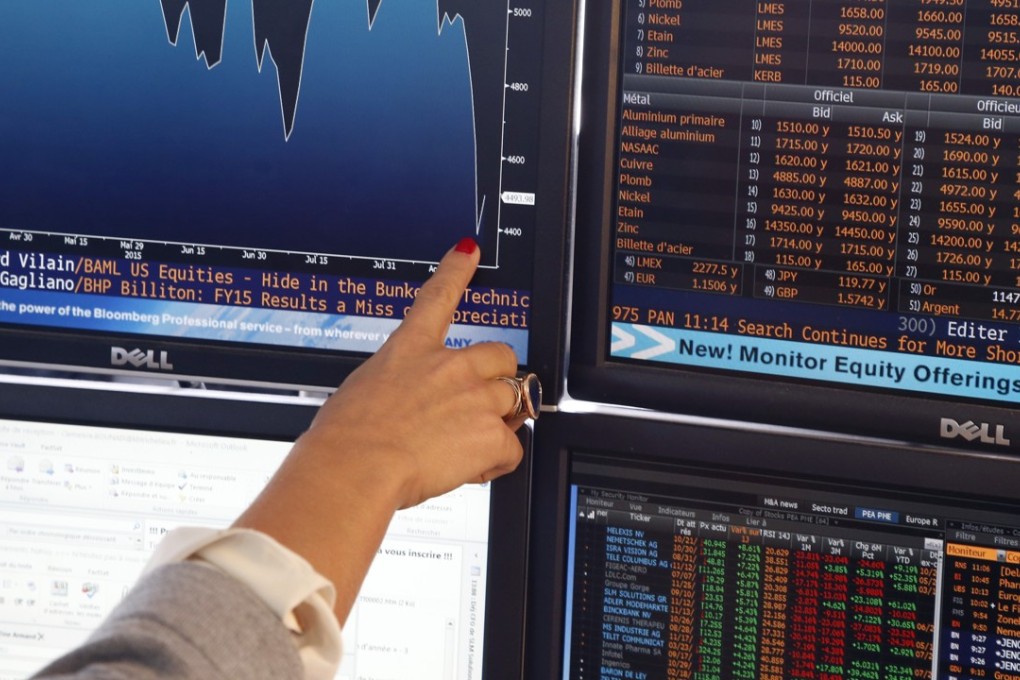Macroscope | Doing next to nothing: an investment strategy that works
Over the long term, strategic, low-turnover investing is a strategy that reaps rewards, writes Richard Harris

Investment managers are supposed to slave constantly over a hot screen, not breaking for breakfast, lunch or dinner – because the markets never sleep.
One or two can do that – and a much smaller proportion are good at it; but eventually they need to sleep. The best investors take a long-term dispassionate view, standing away from the fray, the noise and bustle of news, views and interviews and pick their stocks from a distance; loosely and unemotionally.
None of us are like that of course. We all think and tinker and play with our investments. Usually we stand off until it’s too late, then panic and sell at exactly the low, or buy at exactly the high. It is human nature and why my behavioural finance talks are now so fashionable.
One process that works was forced on me. Twenty years ago, when I was a young man, I collected a soupcon in lieu of a pension and for the first six years it was managed within a pension fund. Then it closed and I was forced to reinvest it myself.
Doing next to nothing meant that the investments had to be pretty bulletproof to survive moves in the cycle
I found a bank to do the safe-keeping for me. It was on the cusp of the digital age with an embryonic online system which has developed into an excellent package, combining research, quotes, trading, and portfolio records. I pay a handsome but not excessive nor unexpected fee for this privilege.
Like most fund managers, I realised at the beginning that I did not have the time to look after my own money – so I would have to trade as little as possible. That would also save reporting to my banking compliance every time I wanted to buy or sell. However, doing next to nothing meant that the investments had to be pretty bulletproof to survive moves in the cycle.
